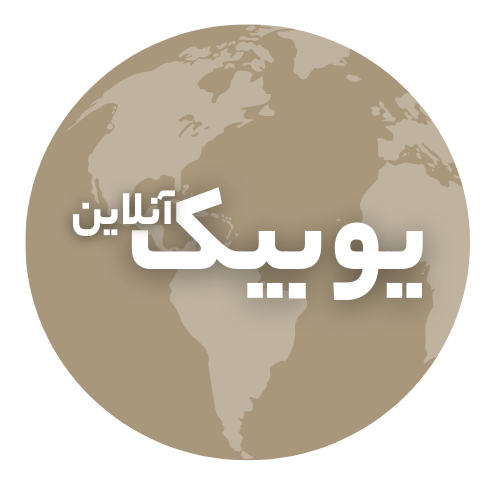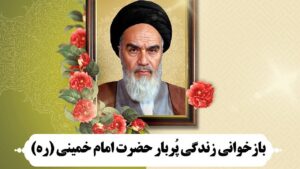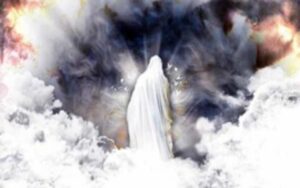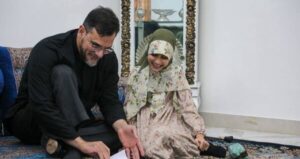Mohammad Reza ZairiHe completed his studies in the field of religious sciences from Qadis Youssef University of Beirut. He had a wide connection with the faces, culture and people of Lebanon. He has made many efforts to transfer resistance culture and has made practical efforts for cultural production rather than favoring superficial advertisements and conventional slogans for resistance thought.
After two editions, his book “Nasrullah” is rare in the market. Also, in his publications, he published the book “Sayyid Hasan Nasrallah’s Ashurai Speeches” and in his last act, he translated and published the book “The Third Slave” by “Tamim Al Barghouthi”, an anti-Zionist poet and defender of the resistance.
Mohammad Reza Zairi’s meeting with Seyyed Hassan Nasrallah, Secretary General of Hezbollah in Lebanon, became the reason for our conversation. How did this meeting take place? What are the margins? And Zairi perceived the atmosphere of Nasrallah’s behavior and personality, these are the topics of our conversation.
You are reading Khabaronline’s interview with Hojjat al-Islam Dr. Mohammad Reza Zairi:
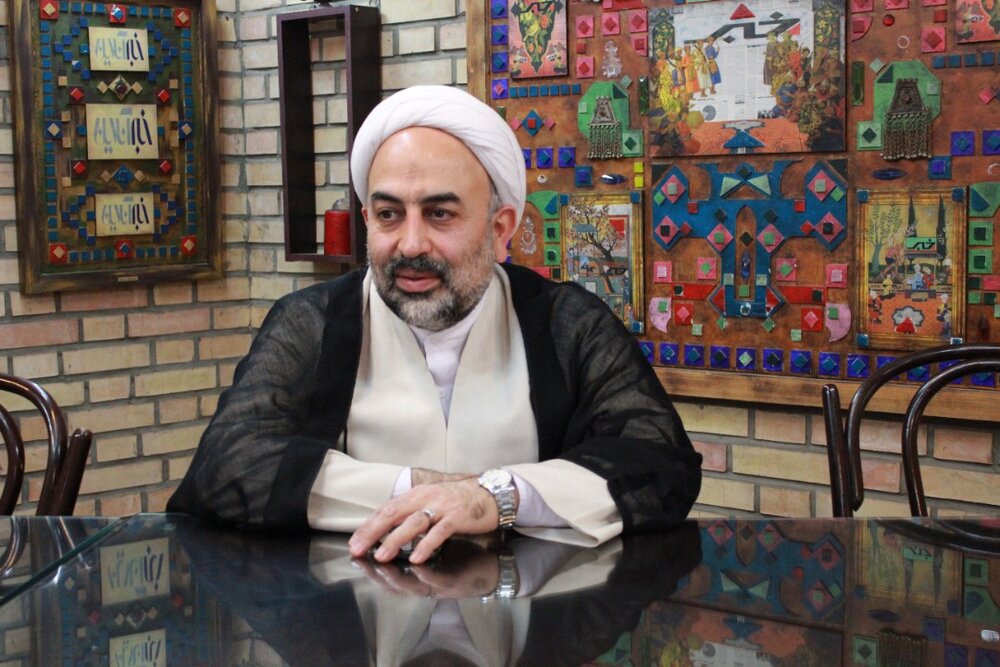
Where and how was your first acquaintance with Martyr Seyed Hassan Nasrallah?
For the first time, I think it was in 1371 that Imam Khomeini’s Relief Committee organized a camp for the children of martyrs and underprivileged youths in southern Lebanon in Tehran and Mashhad, and I was one of those who organized this program together with Mr. Fathian. At that time, the late Seyyed Abbas Mousavi had just been martyred and Mr. Nasrallah had succeeded him.
In the closing program of that camp, they came to the venue and we saw them for the first time. My younger brother Hossein Agha took some different and interesting photos of him, and his behavior and expressions as a young, energetic and spirited cleric were very attractive to us. There was a strange atmosphere in that closing ceremony, and we had an emotional and impressive farewell to those teenagers, some of whom were the children of martyrs, and many of them have definitely become martyrs themselves.
Did you have another meeting after this? Until the time of the interview that was published as a book?
After that, once again, during an official trip we went to Lebanon, an unexpected opportunity came true and we visited him in a very intimate atmosphere. Fortunately, conditions were provided for me to have a comfortable and informal conversation with him on the sidelines of the meeting. During the lunch, he sat me next to him and gave me a warm welcome, and I asked many questions about the issue of women’s hijab in Lebanon and the fate of Imam Musa Sadr. it hurt me
How did you go to see Sayyid Hassan Nasrallah for an interview?
Later, when I was an editor at Hamshahri Institute and went to Lebanon from Iran to continue my studies, it was exactly after the 33-day war. During this time, he had become a very big and global personality, and we had gone to Lebanon immediately after the war. In Iran, it was decided that Hamshahri newspaper would choose the face of the year with the votes and opinion of the readers, and naturally, considering the events in Lebanon in the international field, three options were proposed from this country.
Mr. Dr. Tzamami, who took over the administration of Hamshahri, coordinated with the Ministry of Foreign Affairs and the Iranian Embassy in Lebanon, and I conducted three exclusive interviews with the President of Lebanon, Emil Lahoud, the Speaker of the Lebanese Parliament, Nabih Berri, and the Secretary General of Hezbollah, Mr. Nasrallah, all three of whom said It became special and different, and it was very important especially considering those conditions.
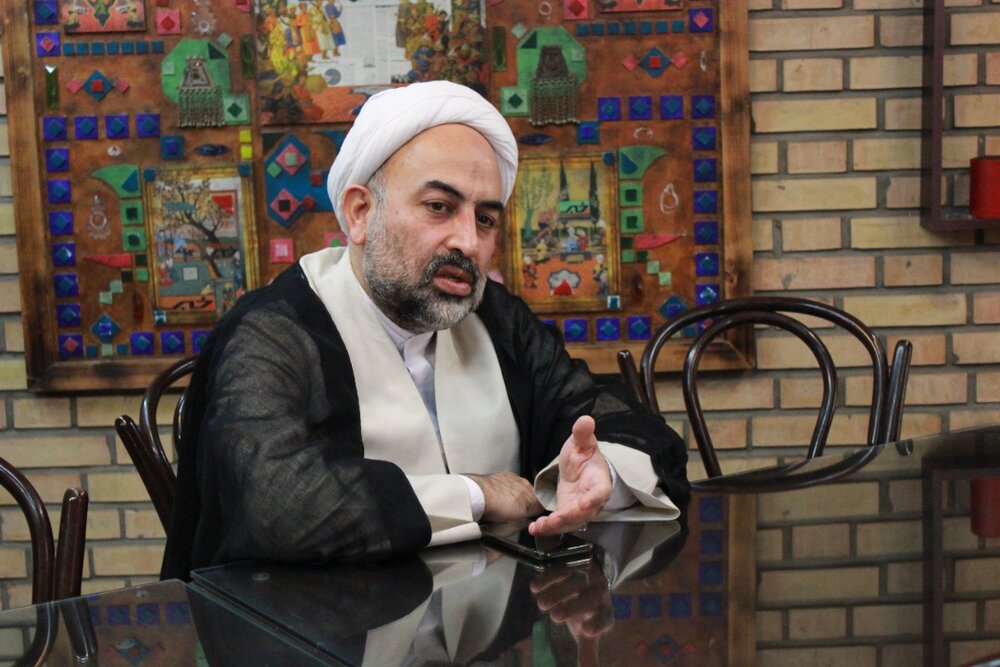
Tell me about the details of the meeting protocols
It was natural that it would be very difficult to arrange an interview in those special security conditions after the war. There were even rumors and strange and incorrect words about Abshan’s protection model, which later turned out to be completely untrue. For this appointment, they arranged a place with me near our house and they followed me and I handed over the mobile phone and then we left in a car whose windows were completely black and I could not see anywhere. After some ten to fifteen minutes, we entered another place that I felt was underground. And there they changed the car and we went again for about fifteen or twenty minutes and the same thing happened again.
The third time it took longer and when we got out of the car, a group of Hezbollah kids came and picked me up and we went up in the elevator. We entered an apartment. After the initial introduction and welcome, they took me to a room and told me to wait. From the entry and exit of one of the security forces, I felt that Mr. Nasrallah’s arrival was near. After a few minutes, the door opened and they came.
My feeling at that moment is indescribable. A man who was devoted to the whole world, and great political leaders of the world considered themselves his soldiers, and even the Lebanese Christians loved him to the point of worship. hugged A man who was waging a psychological war with the public opinion of millions of enemy forces with his finger pointing and with his astonishing words, and the whole world acknowledged his strange intelligence, now he had me by his side. A man who had accumulated knowledge, virtue and knowledge by commanding the field of Jihad and courage and fighting with tears and midnight prayers was now sitting in front of me and was waiting for my words like an old friend and a familiar companion.
Where did the meeting take place?
Honestly, I don’t know where the meeting place was. With the arrangement of Hizbollah’s security system, they naturally provided protection with these movements. I think the place was in the southern suburbs of Beirut, and they probably deliberately turned the car around and bypassed the place, and of course I could hear the sound of the street and felt that we must be in Beirut. It was protected with basic facilities but with obsession and precision. Not with the strange things they used to say, such as, for example, about Martyr Mughniyeh, who was being followed by all the spy services of the world for decades, it was said that he had several surgeries and other strange things, but it turned out that all of them were baseless. And at the same time, he was riding a motorcycle in the streets and alleys of Beirut and no one knew him.
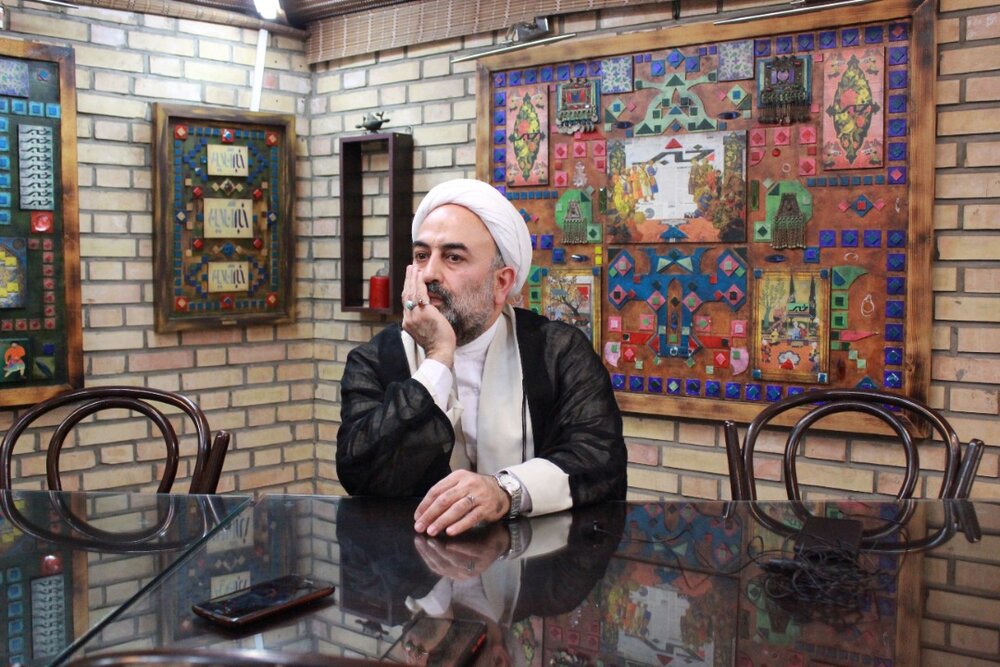
On the sidelines of the meeting, did they say anything personal outside of the official interview?
He answered my questions very easily and fluently. The conversation was in Arabic and only in the middle of the conversation someone came and asked us to change the place of the meeting. That is, even in a meeting of less than an hour, it was so hard for them to comply with security issues, and he lived like this for 30-40 years, and he and his family were in such hardship. It was interesting that when we decided to go to another place in the same building, he started to help me to collect my things and my office, camera and papers with strange humility and sincerity. I collect my pen, he took the tape recorder and we walked together. Then the conversation continued and I asked them to write a memento for Iranian readers, and they wrote something in my notebook with a psycho writer, and then I asked them to give me a memento from the same psycho writer, and they kindly sent it to me. I got them.
In that meeting, fortunately, there was an opportunity for a short and comfortable conversation, because the days before the war were thirty-three days, and their protection conditions were not too difficult and unusual. I asked about some issues, including women’s hijab in Lebanon and al-Manar TV, and issues like these, and he gave answers that showed his strategic and conscious view of himself and Hezbollah as a whole. Their approach was not at all like the friends who claim to be Hezbollah in Iran, as when a group called Hezbollah was created in Iran and they had a magazine with this name, I heard that the leadership of Hezbollah in Lebanon was against the misuse of this name and the extremism of this group. In Iran, they were critics and complainers, and finally the activities of that group and the publication of that magazine were stopped. What I mean is that his words clearly showed a clear approach and a clear view of social issues, which, while maintaining the basis and emphasizing the principles of the objective realities of the environment, saw it from the point of realism and pragmatism.
In his answer, he pointed to the social environment of Lebanon and its different texture and special structure, and I remember that at the same time, the elections for the Lebanese Parliament were also held, and he gave an example that many women who voted for the candidates of Hezbollah and the resistance movement in that competition. They had given that women were wearing hijab and even non-Muslims and non-Shia. He discussed the priorities and said that we have a situation where confronting the enemy is our problem. At that stage, Hadabullah was able to drive Israel out of southern Lebanon with authority after many years and win. He used to say that our problem is not a side issue.
It was quite clear that he is a thoughtful, deep and understanding person, and later in the same official interview, he also mentioned that his interest and concern is scientific discussion, research work and study. He was not just a heroic guerrilla and a young fighter from the field. He was a person of deep thought and understanding. I also learned a proverb from him there. He said that we have a saying in Lebanon that we say “Don’t eat the grapes and don’t kill the grapes”. The irony is that it is important for us to achieve the goal, we do not intend to disrupt the society, nor do we want to have chaos, conflict and war, and in fact, convincing the people to maintain the body of the resistance was their main problem.
Does that mean that his analysis of the situation of people and society was based on a realism?
yes exactly This realism and pragmatism, which was based on accurate information and continuous evaluation of the social scene and daily life of the people, made them have a correct analysis of the social environment and make a correct decision based on that correct analysis. Unlike some of us who are sometimes involved in our own mental imaginations and give emotional slogans that are far from reality and the scene of action.
His words were that Lebanon is a diverse social environment of clans, sects and religions, and even the Shiites themselves are not a single movement and therefore, in order to achieve the goal of resistance, this diversity and plurality must be taken into account and based on priority Pay attention to what is the main thing and you can’t force people to do anything. If they don’t want to, they won’t accept it, and it is the resistance that loses its supporter.
Therefore, it must maintain the body of popular resistance with persuasion and intellectual justification and proper direction, and the wide network of Hezbollah was formed to realize this goal. From educational institutions to social services and propaganda and media programs, and for this reason, it had variety and breadth and different layers. From Mrs. Julia Petres, who sang songs for the resistance, to the Christian writer and poet who wrote and supported the resistance. That is, the main issue and goal was not overshadowed by minor and unimportant issues.
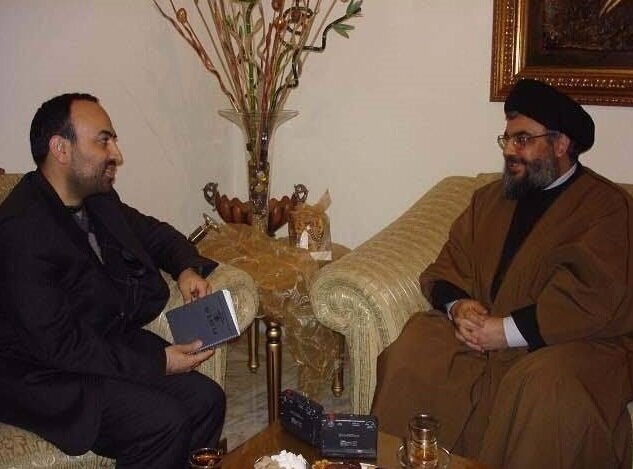
How were they treated?
The interview did not have a special edge. You know that he was very, very smart and had a strange concentration and mastery, and it was not at all necessary for him to turn off the recording or say not to ask a question. He answered my questions very competently, and once or twice, when he didn’t want to go into details, he very gracefully passed by and treated me with great politeness, respect and kindness.
He was also excellent in literature and speech. Basically, a very well-spoken person. It was nice to speak. He chose his words carefully and spoke very beautifully. But the most important thing that I remember in that atmosphere and will never be forgotten was his exceptional and unusual humility. I mean, it was really unbelievable that this person is the same person we have seen on TV and the whole world is in awe of his greatness.
Really, my feeling about Abshan’s behavior was that, for example, I have seen one of the children of the local mosque. I can even say that there was a kind of inherent shame and modesty in his behavior, and one felt that he was a shy person, and in the words of Farzadaq, “I am shy, I am shy, and I am magnificent,” which means that it was really a paradox that I felt the majesty and authority of a lion at the same time. It was intertwined with the gentleness and shyness of a reserved teenager. He had a strange charisma and was very kind and loving. There was so much kindness and gentleness in his look and behavior and he was so clear that it was impossible for anyone to see him and not fall in love with him.
In what way was this interview different and important?
The importance of this meeting was because I think it was his first press interview after the 33-day war. At that time, all the media in the world were waiting in line and had a breathtaking competition to be able to have a conversation with him for even a few minutes, and this privilege was fortunately given to Hamshahri newspaper because of the relations between the Islamic Republic of Iran and then I gave the interview to I published it in the form of a book along with other attachments and some materials. Of course, the main part of the book is this interesting and readable interview in which some points were said by him for the first time. But in addition, I translated some materials myself or brought additional contents to know his life, which is a remarkable and good collection. At that time, I think there was still no book about Mr. Nasrallah in the market and it was more important for that reason. Later, Elite two or three books were published and released.
I think we have not properly recognized the greatness of this great man, and we have treated him as a friend or enemy more from an emotional and emotional point of view, and we have not examined the different dimensions of his exceptional and strange personality. It is my absolute belief that there will be no one like him for decades to come, and “every thousand people will be tall enough”! That’s why I wrote this phrase on the back of the book:
“For those who love him and want to know more about his life, family and concerns, and for those who don’t like him, because they don’t know him and should get to know him a little.”
منبع: www.khabaronline.ir
